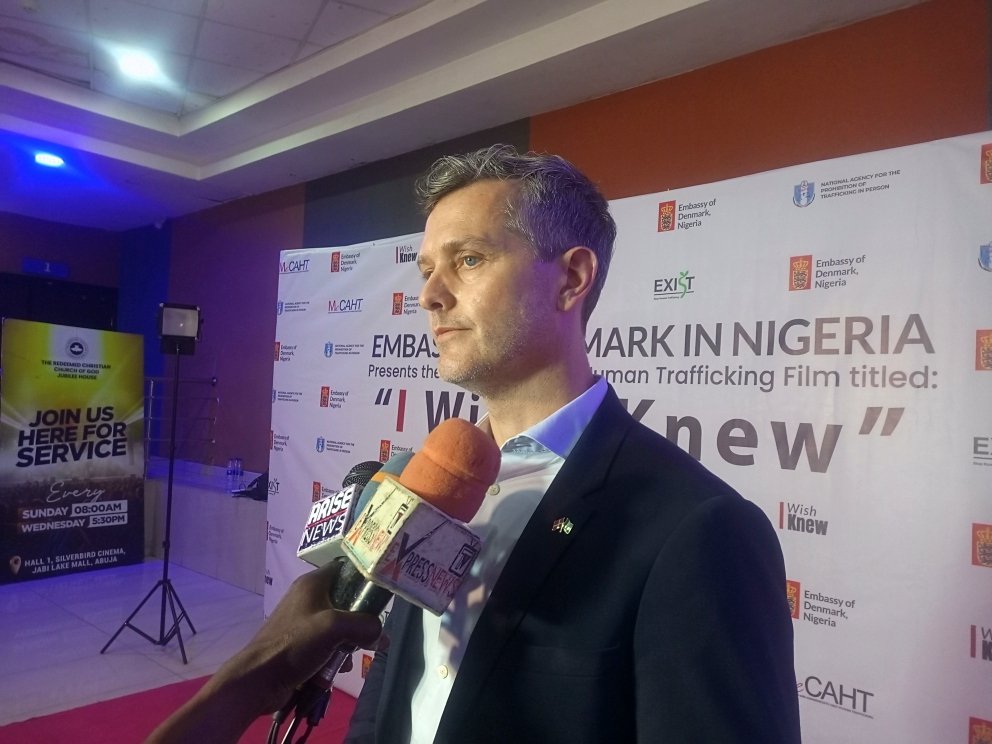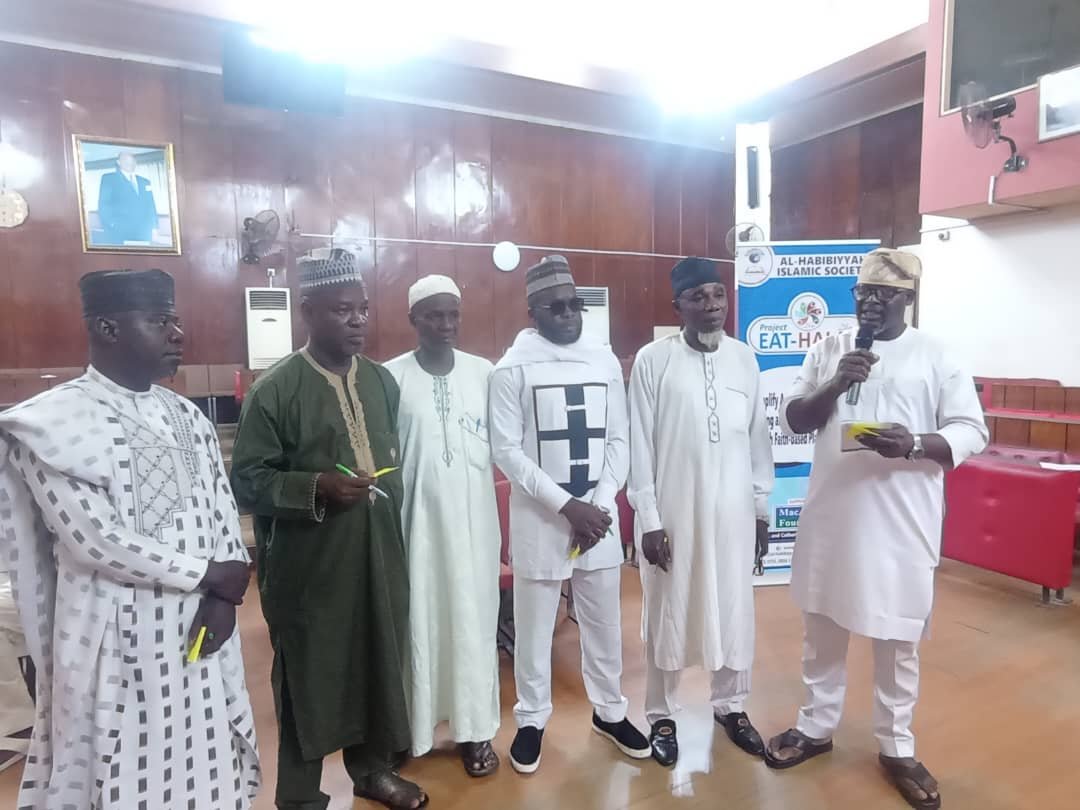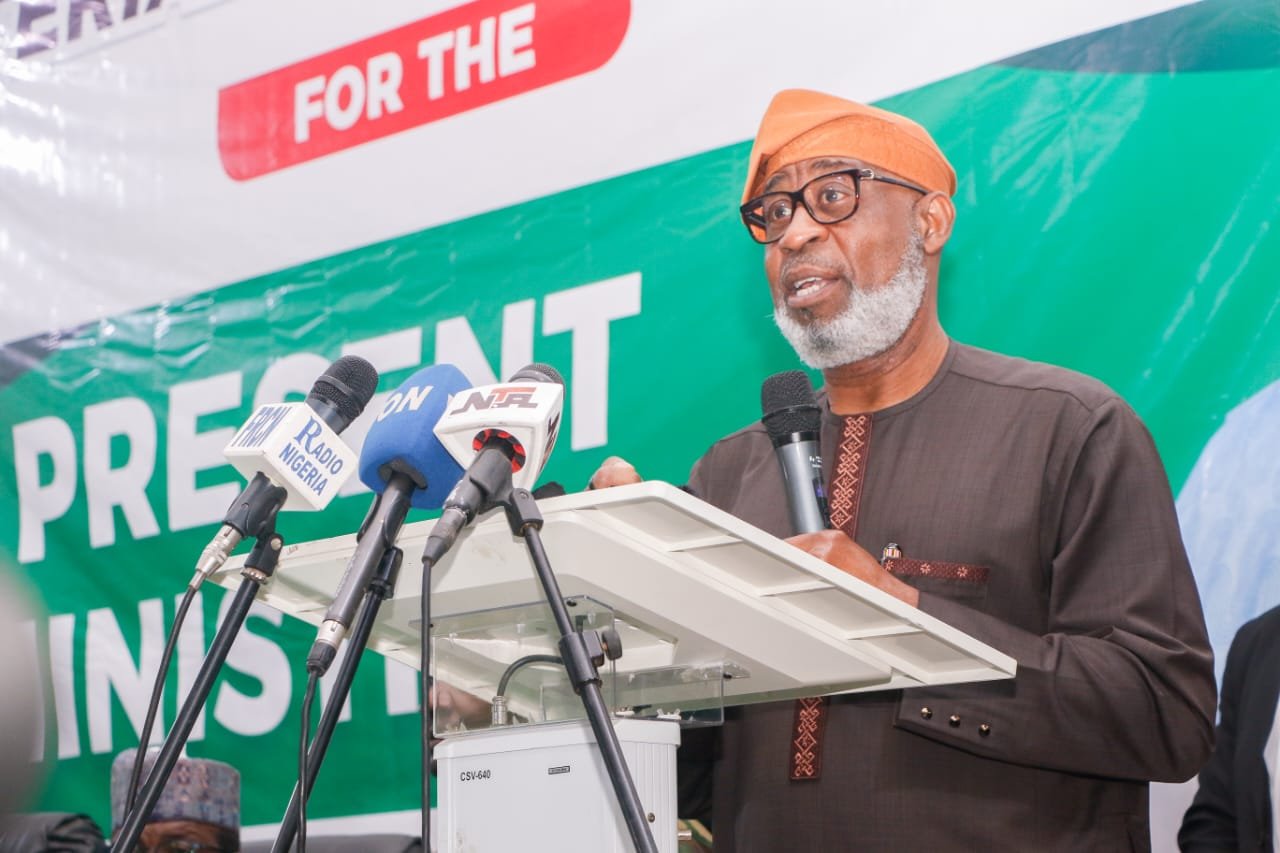Tinubu’s renewed hope and the paradigm shift in sports development
Tinubu’s renewed hope and the paradigm shift in sports development
By Muhyideen Jimoh
When President Bola Tinubu on Aug. 16, 2023 named Sen. John Owan Enoh as the country’s new sports minister to drive the renewed hope agenda for the Sports sector, not many stakeholders knew what to expect.
As the Tinubu administration marks one year in office, Enoh in a short period has continued to unveil and implement far reaching policies aimed at transforming the sporting landscape in Nigeria.
The minister in a deliberate and bold move to transform the sports industry unveiled a six-point agenda titled ‘W.A.I.F.A.R’ to drive Nigeria’s sports development.
The strategic initiative which is the pillar of foundation upon which a vibrant sports industry is being built is thus explained.
W- Welfare: activating and enabling a welfare system that caters to serving and retired athletes as well as an annual recognition platform.
A- Activation of grassroots sports development; early age (under 18) sports and revitalization of school sports.
I – Infrastructure, development. Investment in building and revamping stadiums, as well as focus on grassroots sports facilities.
F- Funding for sports development. Exploring collaborative funding models between the government and the private sector
A- Activation of grassroots sports development; early age (under 18) sports and revitalization of school sports.
R- Reorganisation of sports federations for impact. Sports governance and effectiveness of sports federations.
“This agenda is meticulously designed to bolster growth and excellence within the country’s sports sector.
“We must key into President Bola Ahmed Tinubu’s Renewed Hope agenda and strive to propel the sports industry to newer heights.
“President Tinubu’s genuine enthusiasm for sports underscores his unwavering commitment to fostering an environment where the sports sector, not only flourishes but also reaches unparalleled success,“he said.
He said Tinubu has demonstrated uncommon passion for the growth of sports, stating that his commitment has seen his administration practically remove all obstacles that will hamper the discovery of budding talents and progress in all sports.
“His commitment to the development of sports which informed the creation of the full Ministry of Sports Development is unrivalled. Indeed, Mr President has demonstrated uncommon passion for the growth of sports in our country.
“For instance, our President graciously cleared all the debts accumulated by the former administration in the funding of football in excess of N12 billion.
“There is no doubt that this new lease contributed significantly to the stellar performance of our national team, the Super eagles who placed second to the hosts, the Elephants of Cote d’Ivoire in the 2023 African cup of Nations.
“Nigeria’s heroics and achievement at the 13th African Games in Ghana would not have been possible without Mr President full support.
“Our sports loving president spared no effort to ensure that our athletes were adequately funded in spite of the paucity of funds and competing national priorities,” Enoh said.
With a keen focus on fostering grassroots participation, infrastructure development, athlete empowerment and making sports big business, the Tinubu administration is beginning to usher in a paradigm shift in sports development in Nigeria.
Aside the reforms, another critical area that is being pursued vigorously is attracting private-sector investment, and positioning sports as a significant sector for employment and revenue generation.
To this end the Federal Government in October, 2023 approved the adoption of the National Sports Industry Policy (NSIP) for full implementation.
“It is important that going forward, the investments and funding for sports should come from the private sector, as obtainable in other parts of the world.
“One of the plans of the Federal Ministry of Sports Development is to see how to sell sports to the private sector.
“We want to build the trust and confidence of the private sector, so that competitions and the initiatives of the ministry can enjoy the supports and endorsement of the private sector,” the sports minister explained.
The ministry subsequently signed three ground-breaking Memorandum of Understanding (MoU) with corporate organisations to bolster sports development and funding.
The agreement with Yanga Games Technologies (YGT), a private sector company will help Nigerian sports raise N35 billion over the next four years to augment budgetary allocations.
While the MoU with Effa Management Ltd. will create facility clusters in the six geopolitical zones, not forgetting the GTI partnership that seeks to revamp the former Challenge Cup, now called the President Federation Cup, among other things.
As Nigeria intensifies preparation for the Paris Olympics in July, there is an increasing number of Nigerian athletes who have secured qualification for the Games.
The Nigeria women’s national football team, Super Falcons, leads the pack by breaking a 16-year jink to qualify for the summer Olympics.
Others are Nigeria’s strong contingent in the track and field, boxing, wrestling, Taekwondo, Canoeing, Cycling, women Basketball among others.
Under Tinubu`s leadership, Nigerian athletes have achieved various successes across sporting events, including the African Cup of Nations, the African Games, and the World Relay Championships in the Bahamas.
They have also achieved positive strides on the international stage, showcasing the nation’s prowess and determination in the world of sports.
In spite of the notable achievements in the sector, stakeholders are quick to stress the need for better welfare for athletes, increased funding, transparency, infrastructure development and grassroots development.
The stakeholders maintain that the Tinubu administration must continue to prioritise sports development and create the enabling environment for the private sector to key into the vision of running sports as a big business and not just for mere recreation.
***If used please credit the writer and the News Agency of Nigeria















